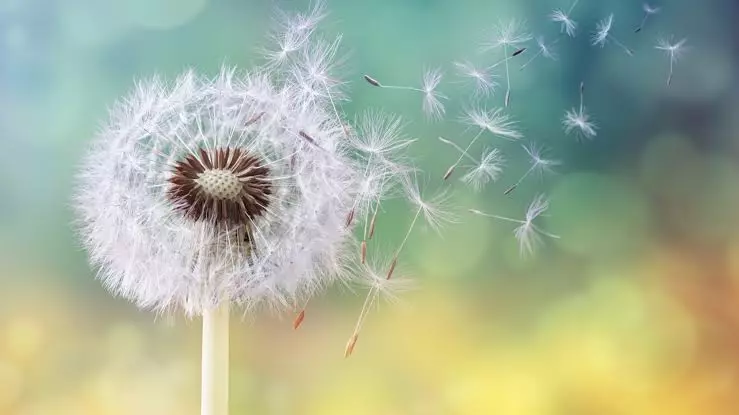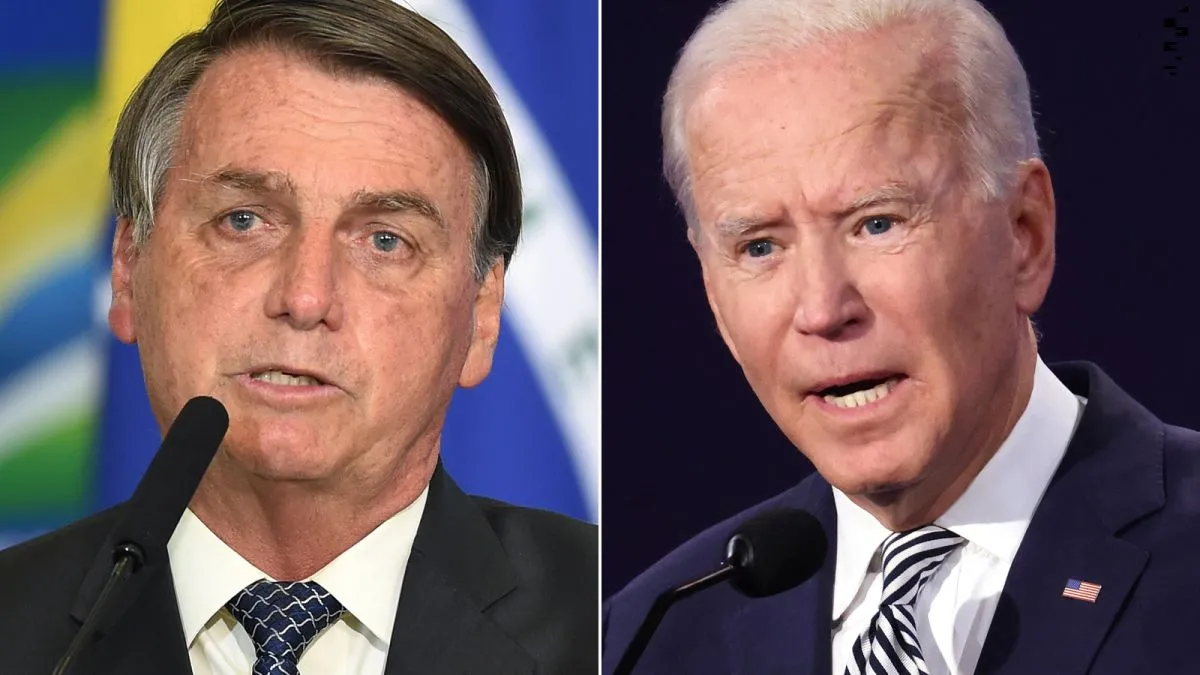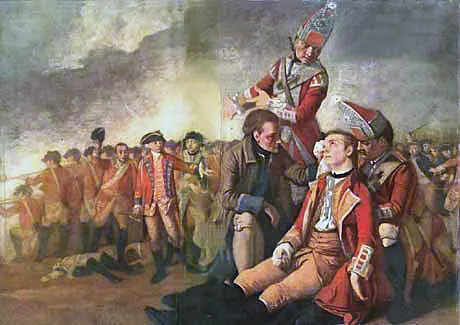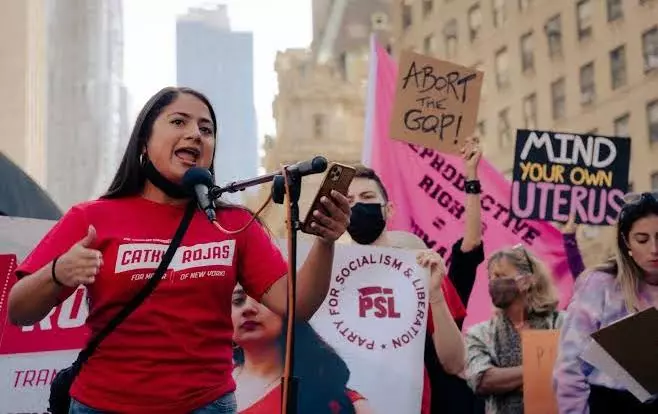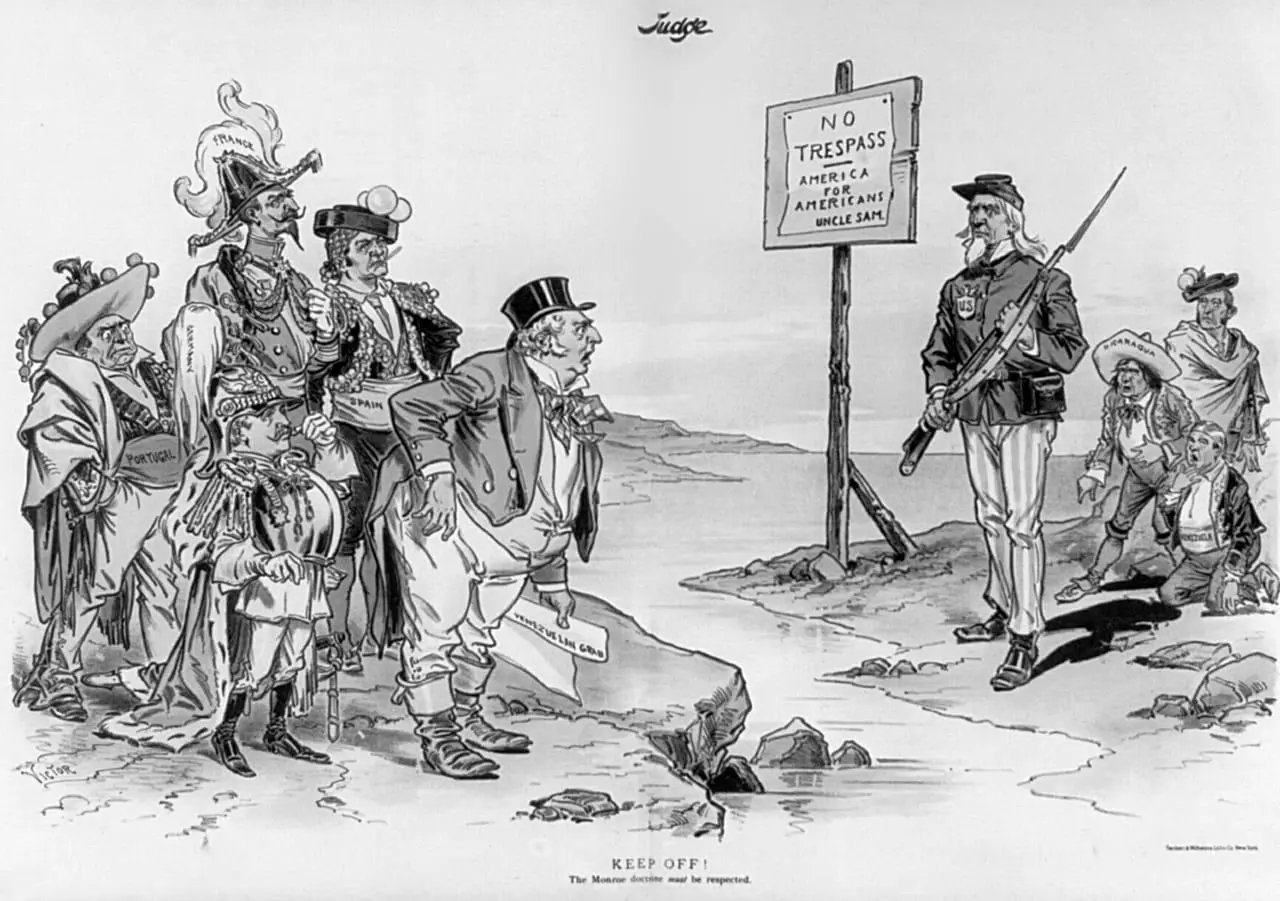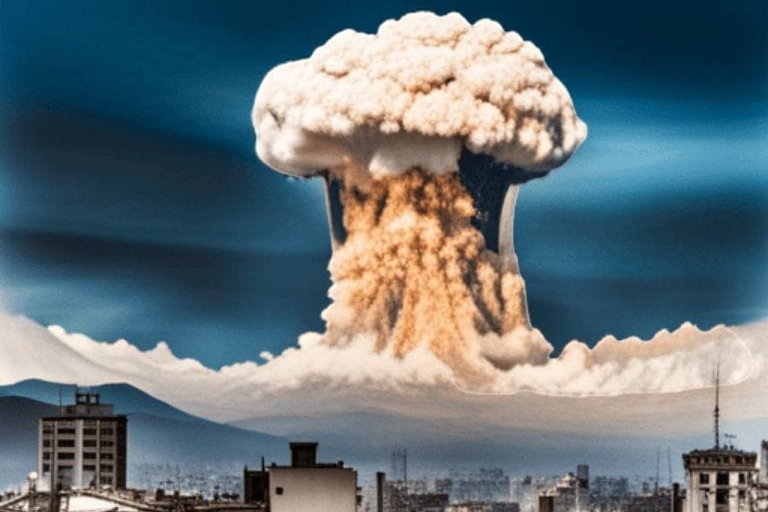My maternal grandmother passed away at 2 am on February 14, 2022. For her funeral, I went to Bihar where my grief was socialized among the many people who came to collectively remember her. I could not help but remember what bell hooks said in her book “All About Love: New Visions”: “Love invites us to grieve for the dead as ritual of mourning and as celebration. As we speak our hearts in mourning we share our intimate knowledge of the dead, of who they were and how they lived. We honor their presence by naming the legacies they leave us. We need not contain grief when we use it as a means to intensify our love for the dead and dying, for those who remain alive.”
The calmness of my stay at Bihar was torn apart by my school’s announcement of exams which immediately made me worry about how I would have to frantically complete the syllabus in a short time. This incident made me realize how capitalism has penetrated into our understanding of death. The present-day social structure of accumulation is obsessed with the need to be ambitious, competitive and achievement-oriented. As such, it never allows us to nurture social bonds of relaxation in the present, constantly compelling us to remain neurotic about the future. As Thich Nhat Hanh writes:
“We tend to be alive in the future, not now. We say, ‘Wait until I finish school and get my Ph.D. degree, and then I will be really alive’ We are not capable of being alive in the present moment. We tend to postpone being alive to the future, the distant future, we don’t know when. Now is not the moment to be alive. We may never be alive at all in our entire life”.
Our passive submersion in the future means that we keep avoiding the question of death in the present. We worship monetary wealth in order to cope with our fear of death, using feelings of strength and superiority to protect ourselves against the sense of smallness and insignificance that death can engender. In other words, we deny death, clinging to the symbolic immortality offered by material commodities. Contra this ideological concealment of death, Avijit Pathak explains how the recognition of death can promote a humane art of living:
“Things are impermanent; yet, for some time we have got an opportunity to find ourselves in this world amid this blue sky, these mountains, forests and rivers, or amid the presence of the loved ones. And to live is to live with this sense of gratitude. This is like seeing ourselves as humble wanderers or seekers, not egotistic conquerors”.

By refusing to attribute any element of eternity to our existential environment, we come to embrace the fragility of things, working hard to sustain our relations with them in the face of the possibility of loss; with this sense of mortality, we become aware of the fundamental fact that our lives are dependent on the actions and inactions of others, that we need to be sensitive to the needs of others. This means that the recognition of our shared vulnerability and finitude is the foundation of a human life based upon reciprocity and mutual love. Martin Hagglund notes: “my devotion to the ones I love is inseparable from the sense that they cannot be taken for granted. My time with family and friends is precious because we have to make the most of it. Our time together is illuminated by the sense that it will not last forever and we need to take care of one another because our lives are fragile.”

As we understand that the present is the only moment available to us, and that it needs to be lived with compassion, grace and love, our hubristic orientation to the surrounding world changes. A deep awareness of the perishability of things does not transform the human body and nature into dead stuff that can satisfy our desires. Rather, it looks at them as receptacles of finitude whose lifespan can’t be wasted for the possession of an illusory future of death-defying promises. We see these flows and forces of life; who knows the next moment they may not be alive because death doesn’t follow a pre-formulated plan of arrival. Pathak articulates this perspective expressively:
“[T]o live deeply and intensely here and now is to hear the chirping of birds, feel the warmth of the sunray and experience the boundless laughter of a child. Indeed, at this intense moment of living, one breaks the egotistic wall of separation; one becomes the butterfly, the sun, the tide in the ocean; in other words, one becomes the universe. And this confluence removes all sorts of fear. Instead, what grows is the abundance of love.”
As I looked at the trees and pond that fill my grandmother’s village, it dawned upon me that I am embedded in the world. I am not an “exam warrior” that unilaterally contemplates the supposedly external reality in concise formulae and memorized words; I am not a mere student that wants to compete with the world and become a “topper” – I am a formless human being that draws its meaning form the well of earthly fragility; I am someone whose life is defined not by individual pursuits but by relations of empathy and care toward other things. As I realized that the world is intrinsic to me, that it resides within me, the destructiveness and futility of the present-day capitalist lifestyle became evident. By structurally subordinating our existence to the compulsion to achieve, capitalism deprives us of the poetic density of life and turns death into an event of meaningless chaos. Building an alternative to this barbaric system is crucial.
